How to Use the Power of the Domino in Your Leadership Influence (Failure of Nerve)
Only twenty-nine dominos.
In my TEDx talk, Millennial Leadership: Stop Complaining, Start Coaching, I also talk about the power of the domino extensively.
In thirty moves, a miniature domino can topple a domino the size of the Empire State Building.
If one tiny domino has that much impact, how much impact can we have?
Millennials and the Domino Difference
Millennials shut down in a negative workplace. Their parents taught them that they are special. They believe it. They still want to feel that way in the workplace.
As a result, millennials welcome feedback when they’re on track and doing things well. They want daily feedback. Not the quarterly or annual performance review that we received as Babyboomers.
On the flip side, they may have a tendency to get defensive when told they need to improve. Be strategic and respectful when giving feedback. This will get them moving in the right direction.
Young leaders desire to be part of something bigger than just the job. They want to be on a team of people who topple Empire-State-Building-sized problems. Yes, they want to enjoy the work they do for a company. They also want to be part of its decision-making processes and solve major problems.
They want their voices heard. They want their voices to matter.
How might you spark others to embrace the power of small, strategic behaviors…that have a big impact?
Your Next-Gen Leader, Conflict, and the Domino Difference

Self-differentiation focuses on two primary areas that leaders need to work on strengthening:
-
- the ability to distinguish between emotions and thinking.
- Then, to access insights proactively versus reactivable capacity not to get wrapped up in other people’s emotions.
It sounds complicated. But it’s a pretty straightforward two-step process.
-
- Step one: get clarity on your own thinking and emotions.
- Step two: get clarity on the other personal emotions.
Note: these are two steps! Separating these steps is monumental in developing leadership capacity.
In finetuning this ability, they will be self-differentiation. They will stay in a positive relationship with others while maintaining their individuality. The reputation of a calm, steady presence, even when there’s chaos, expands their influence. Here are some ideas to strengthen self-differentiation and make a domino difference.
Put a Stake in the Ground
The more clarity your next-gen leader has on:
-
- who they are (their gifts, strengths, principles, and unique perspectives),
- what their values are, and
- the goals they are pursuing in life, the more adept they will be at standing firm.
They will have put their stake in the ground so that everyone knows where they stand. This firmness gives others a clear vision of who they are. This stance invites others to provide clarity about where they are.
Resist the BAND-AID Approach
In the heat of the moment, your next-gen leader may be tempted to cave to pressure, either individual or group. They may try a quick-fix BAND-AID solution. Stick close to them and walk through strategies on how not to succumb. Be the sounding board. Help them analyze the chaotic, intense emotions. Encourage them to reflect on what they’re seeing, hearing, and feeling. The solution will undoubtedly be a longer-term fix.
Iron Sharpens Iron
The best ideas are often forged in a crucible. Opposite ideas blend together in the heat of discussion to create an even better idea. Map out strategies to strengthen the relationship with those with opposing ideas. Focus on building a collaborative working relationship with others, even amid intense disagreement.
Fix the Process, Not the People
Over the years, we’ve ascertained that you can’t fix people, only the process. However, your up-and-coming leader may not know the truth of this principle. Every person has their own set of abilities, as well as their own weaknesses and warts.
We know that the problem people bring to us, the presenting problem, is never the real problem. It’s a symptom. Remind your leader of this truth. It takes a lot of digging to find the root cause, the core issue.
Focus on fixing the process, and creating long-term solutions, in spite of the people.
Track and Recognize a “No”
Many young leaders I know take a “no” personally. Invite your mentee to make a game of getting a no or getting rejected.

Whether it’s in sales or in leadership, the pathway is filled with nos. Some of the nos will be the straightforward, in-your-face type. Others will be more evasive—that is, they don’t return your phone call, e-mails, or texts. Still, other no’s will be sugary. Some will be like warm marshmallow goo. They’ll tell you how wonderful you are and in the future might consider your idea. But it’s really a no.
Help your young leader discern the yeses from the nos. Then assist them to craft a go-forward plan. They need a plan based on the real information and insights they’ve been gathering along the way. Not warm marshmallow goo. At times they’ll need your expertise to know when to celebrate their victories and when to cut their losses. There’s a saying in sales: “Some will. Some won’t. So what? What’s next?” It’s a mantra worth exercising.
How does the Domino Difference relate to a Sisu Spirit?
Here’s how I see it. It takes a gritty, white-knuckle form of courage to choose to make a small move to differentiate yourself. It takes grit, determination, and mental toughness to take a stand that’s different from the crowd.
It takes a Sisu Spirit to make a Domino Difference.
LEADERSHIP LESSON: Create a positive impact by being the domino difference.
P.S. I’m a new commissioner to WICHE, Western Interstate Commission for Higher Learning. During introductions, the president spotlighted an important lesson she learned from a mentor. Civility.
As I read the definition, it reminded me of our topic, self-differentiation. This is a needed virtue when dealing with Cancel Culture, and online bullying. This is an instructive quote from The Institute for Civility in Government
“Civility is claiming and caring for one’s identity, needs and beliefs without degrading someone else’s in the process.” ~Tomas Spath and Cassandra Dahnke, Founders, Institute for Civility in Government
Here are some points on Civility that align with our message. Civility is:
- more than politeness, although politeness is a necessary first step,
- disagreeing without disrespect,
- seeking common ground as a starting point for dialogue about differences,
- listening past one’s preconceptions, and teaching others to do the same.
- staying present even with those with whom we have deep-rooted and fierce disagreements.
- negotiating interpersonal power so that everyone is heard, and nobody is ignored.
Read other articles in the Sisu Courage Series:
How to Use the Power of Sisu to Overcome Giant Leadership Development Challenges
Let’s discuss a tailor-made talk to meet your specific needs.
Virtual speaking event? No problem!
Check out my Speaker page HERE.
To schedule, a call contact me at danita@danitabye.com




No Comments